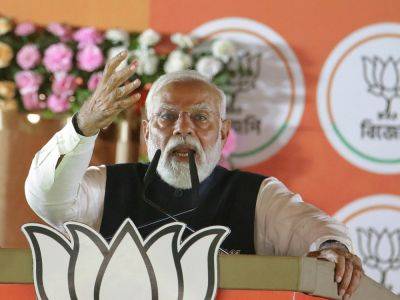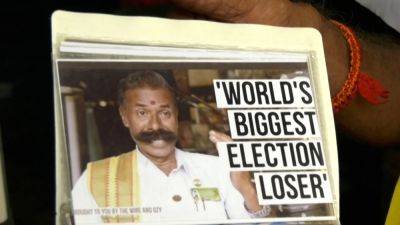India’s electoral bonds laundry: ‘Corrupt’ firms paid parties, got cleansed
From PM Modi’s BJP to the opposition Trinamool Congress, parties gained from donations that activists say carry the stink of coercion and quid pro quo.
New Delhi, India – It was a quick chain of events. On November 10, 2022, India’s Enforcement Directorate – the country’s premier agency tasked with tackling financial corruption – arrested P Sarath Chandra Reddy, an entrepreneur in the southern city of Hyderabad, on allegations of involvement in a liquor scam in New Delhi.
Five days later, Aurobindo Pharma, a company in which Reddy is a director, bought electoral bonds worth 50 million rupees ($600,000). Until the Supreme Court declared them “unconstitutional” last month, these bonds – introduced by Prime Minister Narendra Modi’s government in 2017 – were an opaque mechanism for businesses, individuals and organisations to donate funds to political parties.
All of those bonds bought by Aurobindo Pharma went to Modi’s Bharatiya Janata Party (BJP), which encashed them on November 21. Just seven months later in June 2023, Reddy turned a state witness – known as an approver in India. And in November 2023, Aurobindo Pharma – which has not responded to Al Jazeera’s questions on its donation pattern – gave 250 million rupees ($3m) more to the BJP through electoral bonds.
That’s just one of a series of revelations that have emerged from a giant data dump by the State Bank of India (SBI), which oversaw the electoral bond scheme, after being forced to release all information about the project by the Supreme Court over repeated hearings this past month.
And the disclosures, say transparency activists, are worrying: Multiple private firms, reeling from investigations by India’s law enforcement agencies, funnelled funds worth







